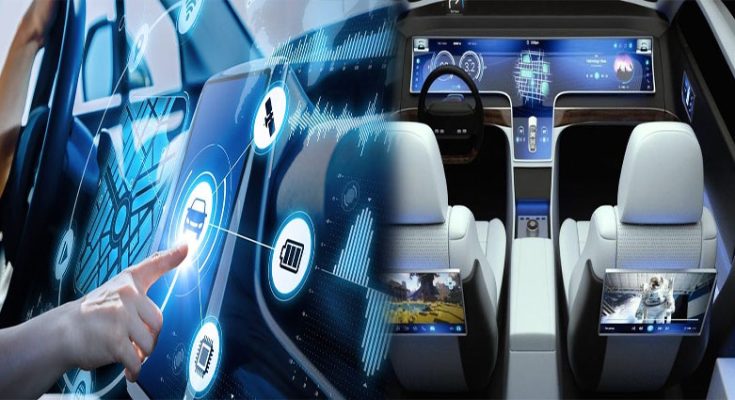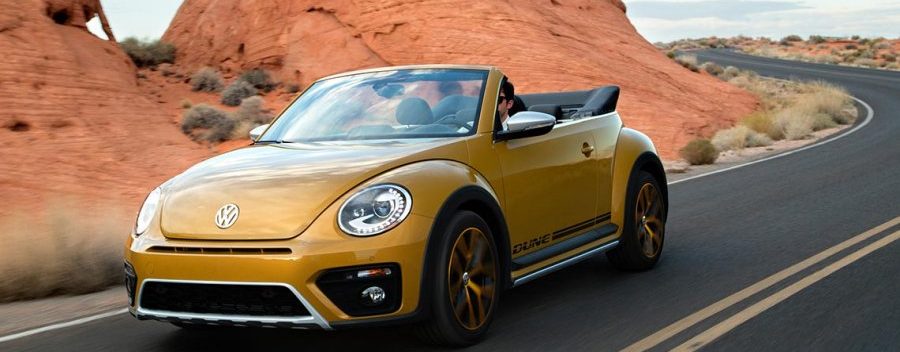
Technology Expectations For The Future Of Automotive
The automotive industry is no stranger to change. Over the years, it has seen several developments that have completely reshaped the way we think about cars. From internal combustion engines to hybrid powertrains and electric vehicles, today’s automobiles are becoming smarter than ever before. The future of automotive technology promises even more innovation in this space: driverless cars, smart roads and highways, 3D scanning technologies — these are some of the trends you need to know about.
Driverless vehicles
Driverless vehicles are a reality. They’re safer than human drivers and will become the standard in 20 years, according to the National Highway Traffic Safety Administration (NHTSA).
In fact, driverless cars will be on the roads by 2030 according to Goldman Sachs’ predictions. This means that your children may never have to drive themselves anywhere again!
Electric cars
Electric cars have been around since the late 1800s, but they never really caught on due to their limited range and high cost. However, electric vehicles are now better than ever and are becoming increasingly popular.
Electric vehicles benefit from a number of advantages over internal combustion engines (ICEs). For example:
- They’re more efficient than ICEs because they don’t need an external source of power like gasoline or diesel fuel–they generate their own electricity from onboard batteries or regenerative braking systems that convert kinetic energy into usable energy. This means that electric cars can travel farther on fewer resources than traditional vehicles; it also makes them cheaper to run overall because there are fewer maintenance costs associated with traditional fuels like gasoline or diesel fuel.* Electric motors produce less noise than internal combustion engines do when running at high speeds.* Electric cars typically offer smoother acceleration because there’s no transmission between gears; this makes them easier and safer for novice drivers who may

